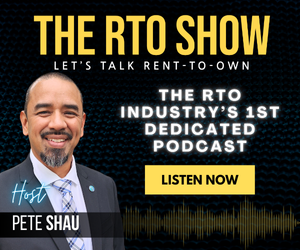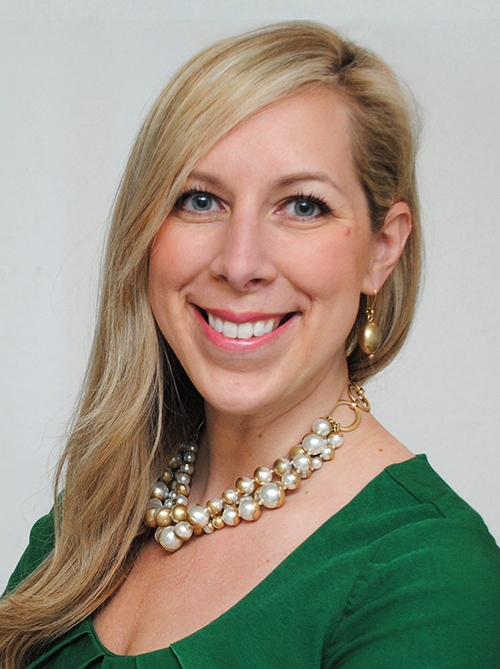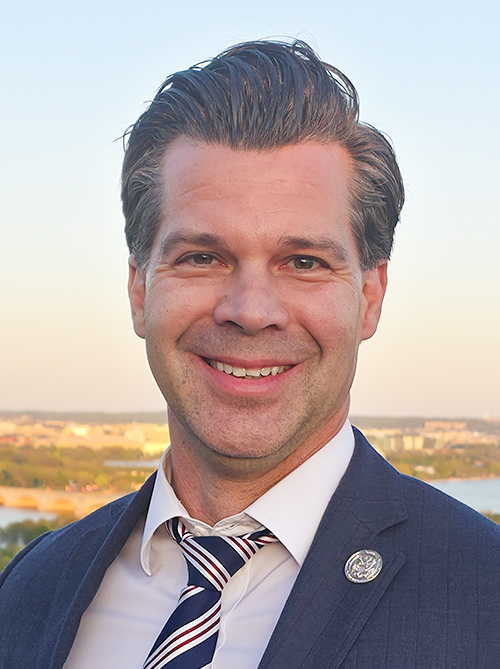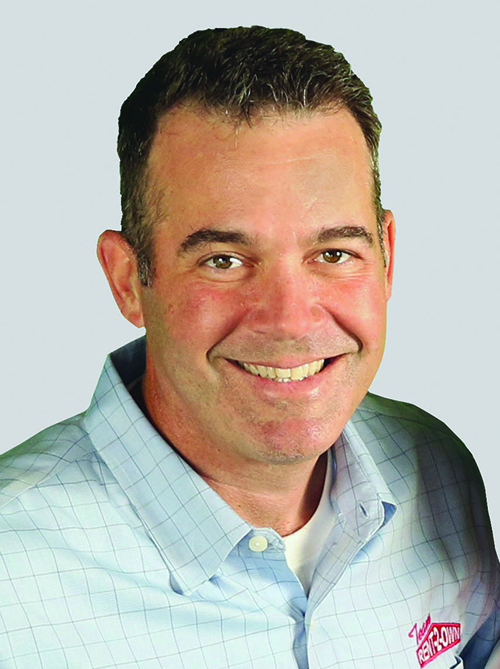In basketball, it’s all about the drills – the endless preparation that it takes so that you’ll be ready to pivot, jump, and take that shot. Long days, hundreds of shots, thousands of laps, and a coach and team cheering you on all the way. The drills are hardest during the off-season to help you get as strong and ready to play as humanly possible. Professional development is a lot like basketball drills – you’re learning how to do something so when the moment comes that the Coach is ready to put you in, you’re ready.
In this case, my Coach is Charles Smitherman, and I count my lucky stars that I have the good fortune of working for him at APRO. In my almost four years at this organization, I have gotten the chance for meaningful professional development every year. And when I told Coach, I mean Charles, that this year, I wanted to focus on women’s leadership issues to share at the 2nd Annual RTO World Women’s Summit, he felt it was the right move. I chose two events with incredible agendas of female speakers – here are some of the lessons that emerged at these events.
Gratitude and Decision-Making
The 2025 National Conference for Women’s theme was “Women Who Lead,” so it’s no accident that WNBA Indiana Fever basketball player Caitlin Clark was a speaker. I’ve been following her meteoric rise to on-court fame over the last few years, and she does not disappoint in the game of life, either. I particularly love this quote from her, speaking about the juxtaposition of luck and loss:
I have found that there is opportunity to be had after suffering a major setback; being brave enough to learn from that failure takes guts. As a major fan of women’s basketball, I can speak firsthand to the emotions I had when they lost the year prior but kept working to get back to the top. Her ‘logo 3’ shot to set the all-time NCAA women’s scoring record will forever be etched into my mind.
The work of Ellen Langer, the Harvard psychologist often referred to as the mother of positive psychology, was referenced at the Conference for Women, on the intersection of confidence and decision-making.
I love this idea that you make a decision and keep moving forward – whatever happens next is in your hands to shape and make work. Everything is an opportunity. One of my favorite things about watching basketball is when a player decides to take the shot – sometimes it goes in and other times it doesn’t, but the players have honed their mental skills and learned to shake off a miss and keep moving.
Toxic Productivity
At the National Conference for Women, the most impactful session I attended was a presentation by psychotherapist Israa Nasir about toxic productivity and the myth that we must do more and achieve more and by doing that, we’ll find happiness.
In simple terms, Nasir shared three telltale signs that you’re suffering from toxic productivity. The first is taking on responsibility that is not yours, which is known as overfunctioning. In fact, you may keep doing this even when it’s harming your health and relationships. If this is you, pause and ask yourself – is this really my area of responsibility? If not, let it go.
A second sign is if you’re uncomfortable having a free evening and feel like you always need to be doing something productive every moment. Do you wake up feeling shame if you slept in? Do you think you’re lazy if you take a break? Maybe you even consider yourself a bad person if you rest? It’s simply not true – this is called rest and shame syndrome.
A third sign is perfectionism, which is highly valued in the workplace, but is driven by fear of failure and the judgement of others. In most cases, perfectionism is putting expectations on yourself and on others to try and control how you are viewed.
Now that you’ve identified the problems, what are the solutions to combat toxic productivity and set yourself free?
1. Undercommit
Learn to say no to non-essential tasks by assessing their level of importance. She reminded us of the “Chanel Rule” – when leaving your home, pause, look in the mirror, and take off one piece of jewelry. It’s the same with taking on new tasks: leave something behind.
2. Ask for help
When you find yourself stretched too thin, ask a colleague or friend for help. It’s okay to say, “Can you do this for me? Thank you so much for your support!”
3. Set healthy boundaries
If you just can’t say no, ask for more time to get back to the person so you have time to think about what you have the capacity to do, as well as your interest in doing that task. If you do have to say no, tell them what you can do for them.
4. Rest and rejuvenation
Finding time to stop working and rest is essential to revitalizing yourself.
Nassir also discussed the toll saying yes takes on our emotional selves, and that having skills to handle those emotions is key, such as stepping away from your computer when you need a break. It’s important to recognize that your emotions aren’t you. Nasir recommends instead of saying, “I feel sad,” say “I am sad” so you can figure out what’s going on internally. And if you feel that emotion taking over, pay attention and figure out where you’re holding those difficult emotions so you can be ready the next time they take over.
Confidence
Marli Williams, the keynote speaker at the 2025 Texas Society of Association Executives (TSAE) Women’s Summit, spoke about overcoming self-doubt and playing ‘full out.’ The core of her message was about confidence: the ‘deep belief in your abilities, worth and potential, regardless of external validation or fear of failure.’ A combination of self-love, self-worth and self-acceptance, confidence is a skill that can be learned. The benefits of being self-confident are many: it helps lessen anxiety, increases motivation, supports risk-taking and trying new things, and improves relationships. Williams even shared research showing that confidence can translate into currency: those with higher self-confidence earn an average of $7,000 more per year, which adds up to $1.2 million dollars over a lifetime.
According to Williams, confidence is feeling fear and doing it anyway. Confidence comes from action, so in the immortal words of Nike, ‘just do it.’ She gave 3 specific tips for building confidence including:
1. Own Your Awesome
This tip is about knowing who you are and boldly being yourself; about overcoming the fear of being too much and not enough and doing it anyways.
2. Elevate Your Mindset
Your mindset determines your behavior and attitude and impacts everything you do. A growth mindset helps you persevere despite failures, embrace challenges, accept feedback, and create a desire to learn. It’s flipping the script and saying, “I get to work today” versus “I have to work today.” That simple shift reframes your day into one of promise and possibility.
3. Celebrate Your Wins
People who celebrate small wins in a journal each day tend to be more motivated. Some examples of small wins include learning something new, helping someone, having a great idea, collaborating with a colleague, asking for help when you need it, and stepping out of your comfort zone. She even suggested adding a “Celebrating Your Wins” section to your weekly meeting agendas to remember to recognize these moments.
Marli closed by reminding us that we don’t have to change everything in one day but even a “one degree shift” that includes new action, new mindset, new energy, and a new perspective will lead to a more confident you!
Applying Lessons Learned
Just like Caitlin Clark had time to think between her last two seasons of basketball, we’ve had time to think about the 2nd Annual Women’s Forum to be held at RTO World on Monday, August 11th. That event will give us a chance to continue exploring female leadership strategies and apply what we’ve learned in our everyday work. We’ve lined up an incredible speaker, Christa Haberstock (pictured above), who will guide us through an eye-opening discussion about our unique advantages and how we can use them to get in the game and stay in the game successfully. We’ll be ready to take our shot!
Speaking of shots, my husband and I recently made a snap decision to follow our hometown team, the UT Lady Longhorns, on their journey to the final four. We decided that if they kept winning, we’d keep showing up to their games. As long-time season ticket holders, we have been on the front row (well, not literally, but our seats are pretty good) of the rise of women’s basketball. As the Lady Longhorns progressed in the playoffs, they handily won both games in Birmingham, Alabama, and then we were headed to Tampa, Florida, for the Final Four.
In years prior, we had seen them advance to the Sweet 16, the Elite Eight, and now here we were, at the Final Four. Watching that game against South Carolina was like no other game I’ve ever experienced – the energy in the arena was palpable. We screamed until we were hoarse, and the girls gave it their best shot, literally, but they lost. Reflecting the next day, we felt nothing but immense gratitude for these hardworking women – experts at their craft – who showed how far the hard work, dedication, preparation, confidence, and heart could take them. And they will shake off that loss, get back to the drills, and play another day. If Caitlin Clark is right, that loss will be very motivating for them next year!
Jen Troke is APRO’s Vice President.









